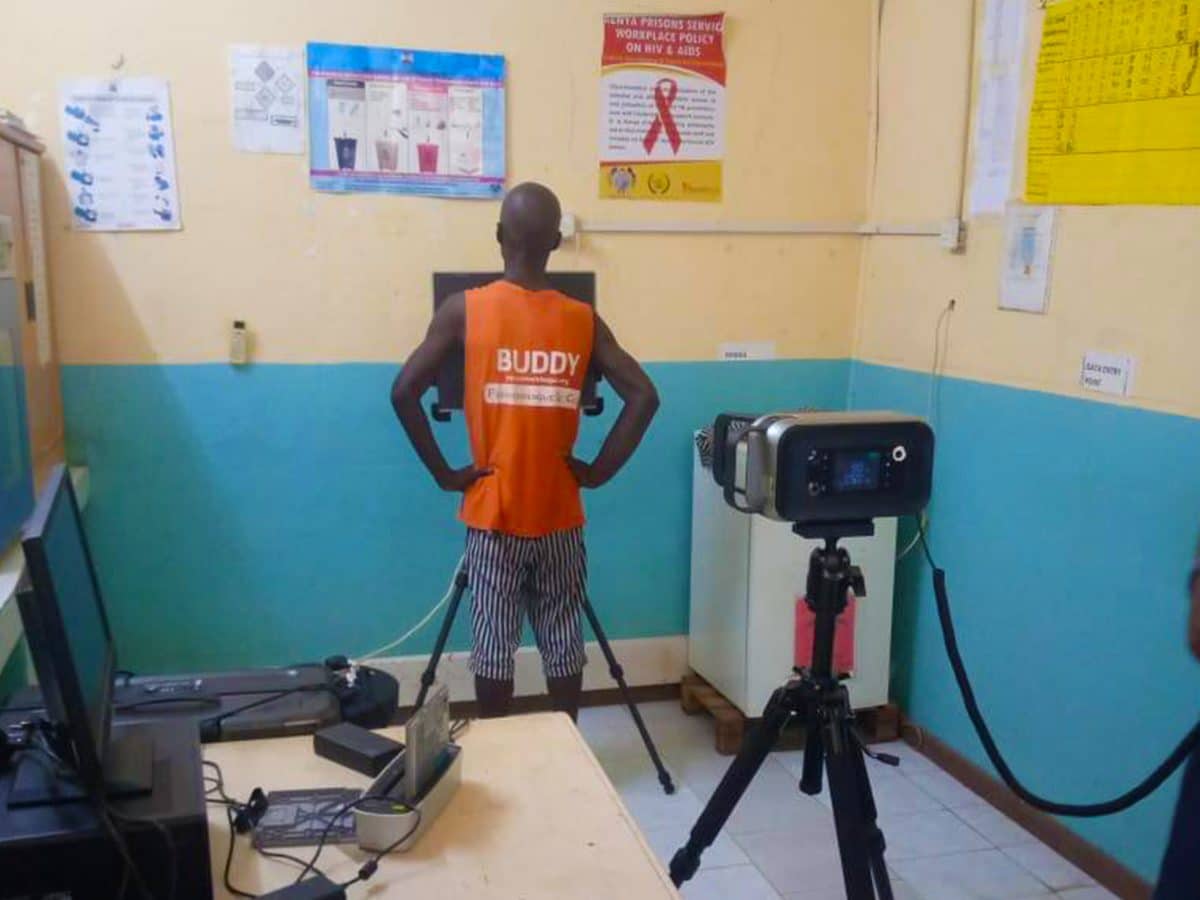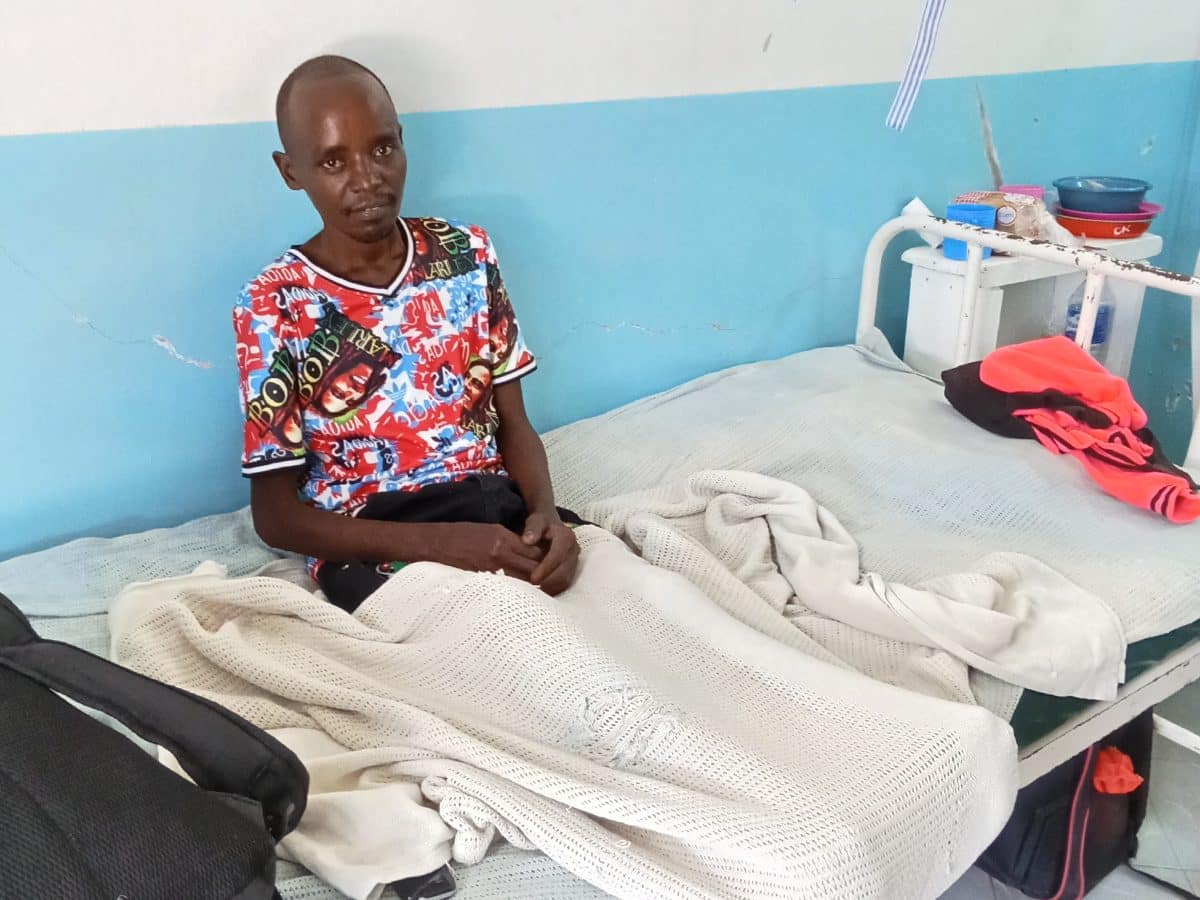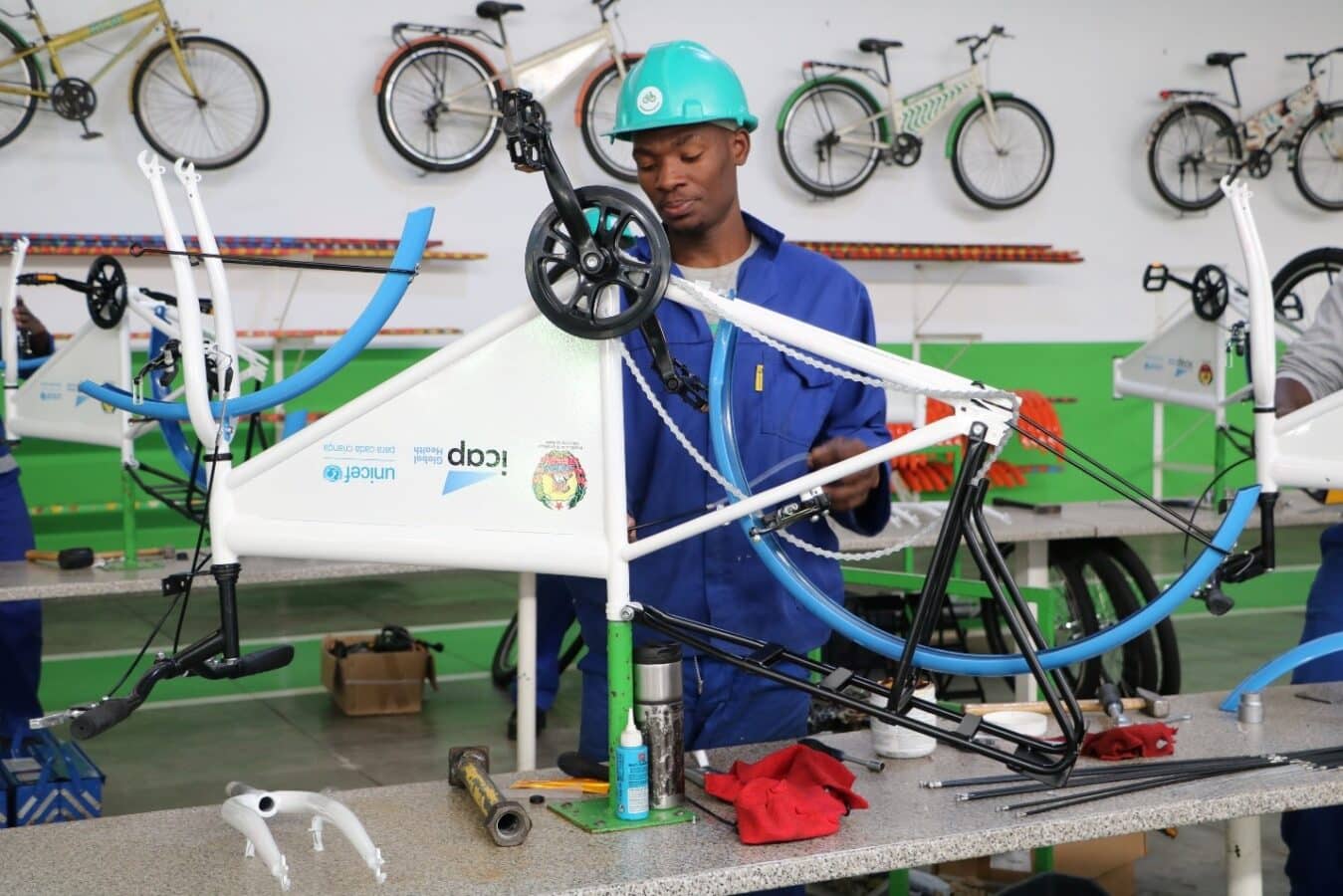As countries in sub-Saharan Africa race against the clock to ready public health systems before an expected rise of COVID-19 cases, health workers like Nurse Betty Aketch Onyango are playing critical roles amid the outbreak. Following their graduation from an ICAP-sponsored photography workshop in 2018, young photographers followed Nurse Onyango to document a day in the life of the nurse and religious community leader during the midst of the global COVID pandemic.
Nurse Onyango works at the Jaramogi Oginga Odinga Teaching and Referral Hospital (JOOTRH) in Kisumu, Kenya, where she provides specialized care and treatment to people struggling with addiction. The ICAP-supported facility serves as a regional center of excellence, providing high quality HIV care and serving as a model center for the management of complex and advanced HIV disease and related conditions, including the treatment of people who inject drugs (PWID).
While the number of people who inject drugs is small compared to the general population, this community is disproportionately affected by HIV with rates of infection more than three times Kenya’s general population. PWID face a range of barriers to accessing and staying in HIV care, including stigma and discrimination, a lack of family support, and health care-related costs. The JOOTRH Wellness Center where Nurse Onyango works was created to provide specialized care to this hard-to-reach population and is one of six clinics in Kenya that have been authorized to provide medically assisted therapy (MAT) to people who are struggling with addiction.
View the photo essay on Adobe Spark
Read the latest ICAP updates on COVID-19 here
Following their graduation from an ICAP-sponsored photography workshop in 2018, young photographers Mercy Boke and Stephen Odhiambo followed Nurse Onyango to document a day in the life of the nurse and religious community leader during the midst of the global COVID pandemic.
View the video below or on YouTube
A global health leader since 2003, ICAP was founded at Columbia University with one overarching goal: to improve the health of families and communities. Together with its partners—ministries of health, large multilaterals, health care providers, and patients—ICAP strives for a world where health is available to all. To date, ICAP has addressed major public health challenges and the needs of local health systems through 6,000 sites across more than 30 countries.








